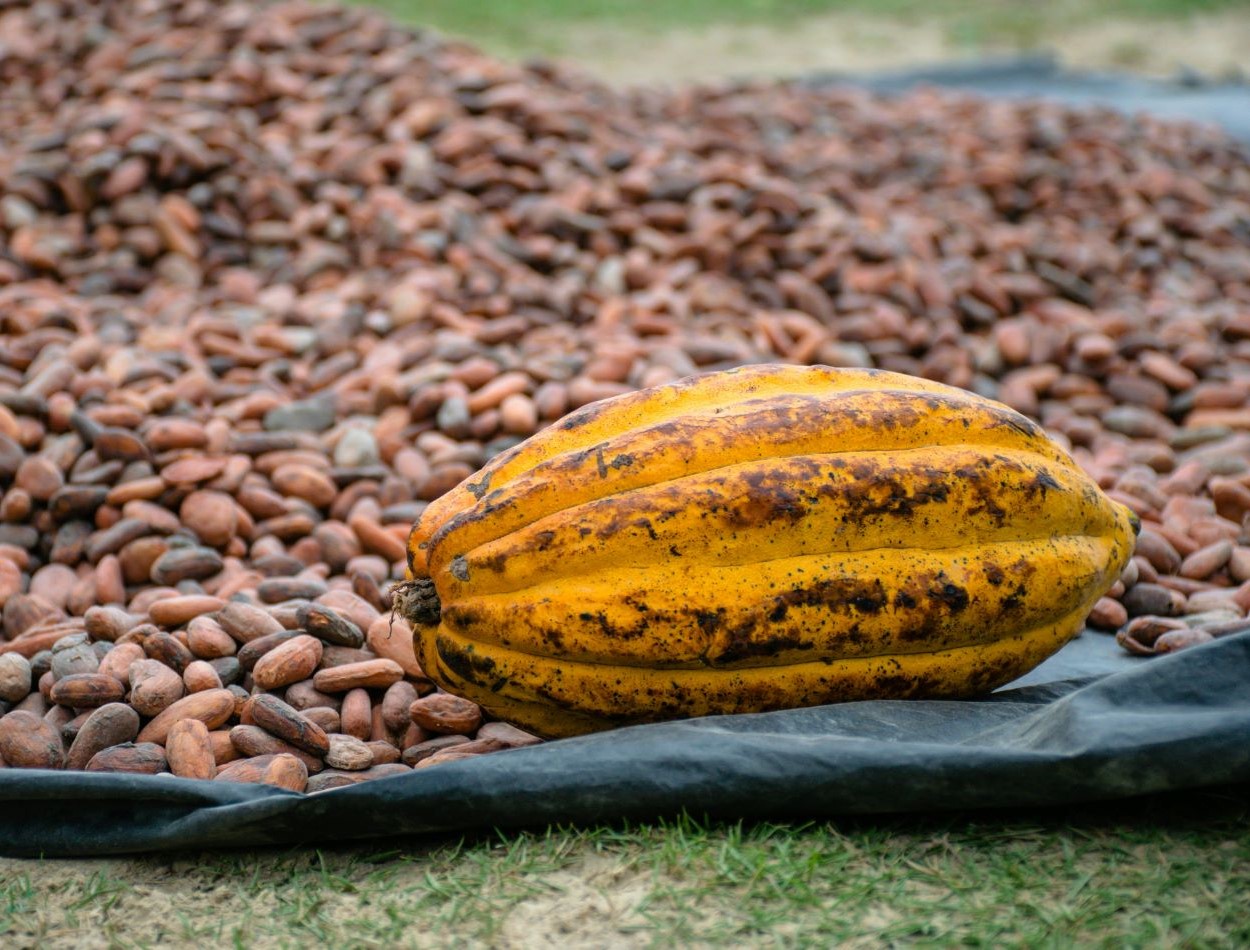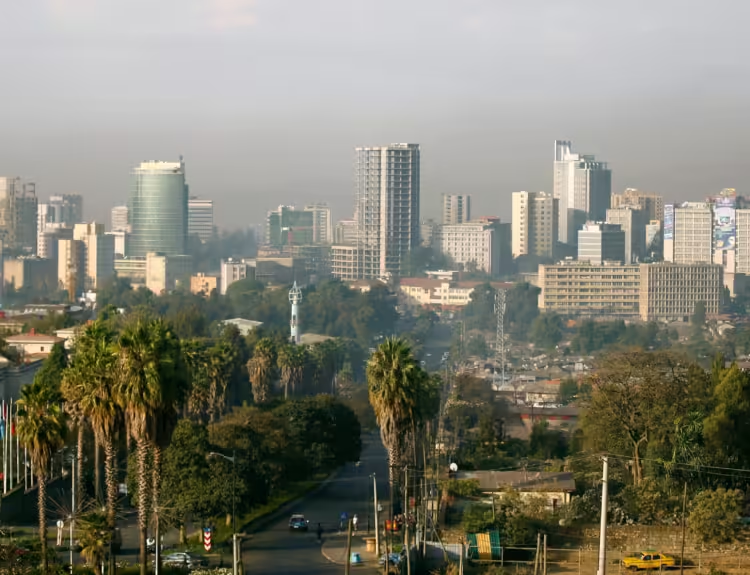The International Finance Corporation (IFC), a member of the World Bank Group, has signed a $23.3 million financing deal with Johnvents Industries Limited, one of Nigeria’s largest cocoa producers.
This collaboration will significantly strengthen Nigeria’s agricultural sector and support the livelihoods of thousands of farmers across the West African country.
IFC’s $23.3 million will allow Johnvents to expand its cocoa processing plant in Ondo State, Nigeria. This expansion is expected to double the company’s production capacity to up to 120 metric tons of cocoa per day.
During a press briefing, the Group Managing Director of Johnvents Industries Limited, John Alamu, detailed the specifics of the deal.
Alamu said that the financing package comprises an $8.5 million loan from IFC’s account, a $6.3 million loan equivalent in Nigerian Naira supported by the local currency facility of the International Development Association’s Private Sector Window, and an $8.5 million loan from the Private Sector Window of the Global Agriculture and Food Security Programme (GAFSP).
IFC to provide women-centered capacity building
Alamu went on to say that IFC would provide advisory services to Johnvents in a bid to increase women’s participation and inclusion within the company’s workforce and value chain.
IFC will also help strengthen the Nigerian company’s existing sustainability and traceability program.
Moreover, the finance corporation will advise Johnvents, which is involved in sourcing and supplying quality cocoa beans for export, on efficient digitization and sourcing of cocoa-based products such as butter, cake, and powder for chocolates, confectioneries, and health products.
Part of the funds will also go towards replacing Johnvents’ inefficient diesel generators and wood-based boilers with a new power generation system that uses natural gas to produce electricity and thermal energy. This will not only improve the company’s productivity but also result in fewer carbon emissions.
This new system, according to Alamu, is designed to (in the future) integrate with renewable energy sources such as solar and will therefore contribute to and propel Nigeria’s decarbonization strategy in agricultural value chains.
Strengthening Nigeria’s cocoa sector
Commenting on the finance package, Alamu emphasized its significance in transforming Nigeria’s cocoa sector.
He said, “This support will help strengthen our operations and energize our commitment to sustainability, traceability, and inclusive growth. By doubling our production capacity and increasing export potential, we aim to deliver more value to all stakeholders and significantly contribute to the nation’s economic diversification and development. We are immensely grateful for IFC’s support.”
“Agribusiness plays a critical role in fostering value addition and diversifying Nigeria’s economy. IFC’s financing and advisory support for Johnvents will help strengthen the company’s operations, develop Nigeria’s cocoa sector, and sustain and create thousands of jobs,” Makhtar Diop, IFC’s Managing Director, echoed Alamu’s sentiments.
Diop noted that IFC’s funds will not only increase Johnvents’ export capabilities and allow it to access new markets but will also increase Nigeria’s competitiveness in the global cocoa market.
Notably, Nigeria is the world’s fourth-largest producer and exporter of cocoa. However, despite the cash crop being the West African country’s highest agricultural revenue earner, cocoa farm workers are chronically underpaid, usually earning only about 100,000 to 120,000 Naira (approximately $223-$264) per year. This is far below the World Bank’s poverty line of $2.15 per day.
As such, IFC’s cash injection is a much-needed reprieve that is anticipated to not only increase Nigeria’s cocoa production capabilities but also the earnings of its cocoa farmers.






